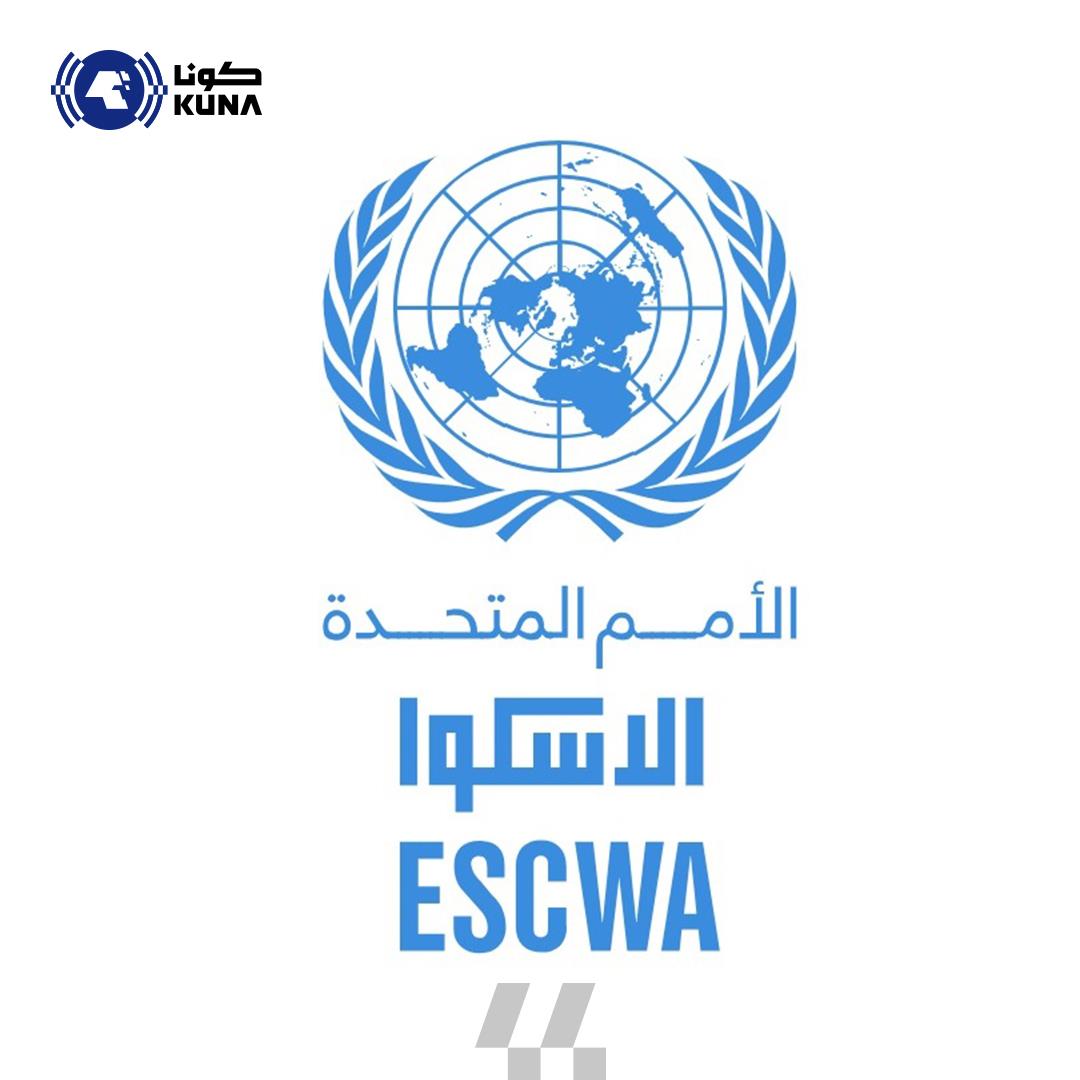
403
Sorry!!
Error! We're sorry, but the page you were looking for doesn't exist.
ESCWA Urges Intra-Arab Coop. To Defeat Existing Challenges
(MENAFN- Kuwait News Agency (KUNA))
BEIRUT, Sept 13 (KUNA) -- The United Nations Economic and Social Commission for Western Asia (ESCWA) said Friday it is essential to set out exploratory trade policies and to promote regional cooperation in a bid to address existing challenges, and to tap future opportunities.
This came in a press release issued by the ESCWA on the occasion of its new report titled: "Arab Trade in 2023: Trends and Highlights," analyzing significant trends, challenges, and opportunities for the region's trade sector.
The report highlighted an 11.5 percent decline in the value of total Arab merchandise exports, which amounted to USD 1.4 trillion in 2023, and underscores the urgent need for enhanced trade strategies across the Arab region.
"It is necessary for countries to adopt trade promotion strategies aimed at diversifying both their export portfolios and destination markets," said Majed Hamoudeh, lead author of the report. "Broadening the range of products and exploring new market frontiers will be crucial in ensuring long-term trade resilience," he added.
He stressed the growing importance of intra-regional trade, which plays a pivotal role in supporting key economic sectors. For certain domestic industries, intra-Arab exports account for over 75 percent of their market.
Hamoudeh called for an expansion of the Greater Arab Free Trade Area (GAFTA), suggesting that extending its reach could facilitate greater market access and further stimulate regional trade integration, thus bolstering economic interdependence and strengthen the region's trade infrastructure.
He identified food security as an enduring challenge for the Arab region, noting the importance of incentivizing local farmers and promoting the cultivation of essential crops to mitigate heavy reliance on imports.
He underlined that governments are encouraged to diversify import sources to stabilize food supplies, saying that his strategy would be vital to securing long-term food stability in a region increasingly affected by climatic and geopolitical pressures.
Strategic international partnerships could unlock access to advanced technologies such as electric vehicles, next-generation batteries, and solar energy equipment, he said. By aligning with global manufacturing trends, Arab countries have the potential to strengthen their competitive edge and transition towards more sustainable economic models, Hamoudeh concluded. (end)
ayb
This came in a press release issued by the ESCWA on the occasion of its new report titled: "Arab Trade in 2023: Trends and Highlights," analyzing significant trends, challenges, and opportunities for the region's trade sector.
The report highlighted an 11.5 percent decline in the value of total Arab merchandise exports, which amounted to USD 1.4 trillion in 2023, and underscores the urgent need for enhanced trade strategies across the Arab region.
"It is necessary for countries to adopt trade promotion strategies aimed at diversifying both their export portfolios and destination markets," said Majed Hamoudeh, lead author of the report. "Broadening the range of products and exploring new market frontiers will be crucial in ensuring long-term trade resilience," he added.
He stressed the growing importance of intra-regional trade, which plays a pivotal role in supporting key economic sectors. For certain domestic industries, intra-Arab exports account for over 75 percent of their market.
Hamoudeh called for an expansion of the Greater Arab Free Trade Area (GAFTA), suggesting that extending its reach could facilitate greater market access and further stimulate regional trade integration, thus bolstering economic interdependence and strengthen the region's trade infrastructure.
He identified food security as an enduring challenge for the Arab region, noting the importance of incentivizing local farmers and promoting the cultivation of essential crops to mitigate heavy reliance on imports.
He underlined that governments are encouraged to diversify import sources to stabilize food supplies, saying that his strategy would be vital to securing long-term food stability in a region increasingly affected by climatic and geopolitical pressures.
Strategic international partnerships could unlock access to advanced technologies such as electric vehicles, next-generation batteries, and solar energy equipment, he said. By aligning with global manufacturing trends, Arab countries have the potential to strengthen their competitive edge and transition towards more sustainable economic models, Hamoudeh concluded. (end)
ayb
.jpg)
Legal Disclaimer:
MENAFN provides the
information “as is” without warranty of any kind. We do not accept
any responsibility or liability for the accuracy, content, images,
videos, licenses, completeness, legality, or reliability of the information
contained in this article. If you have any complaints or copyright
issues related to this article, kindly contact the provider above.


















Comments
No comment